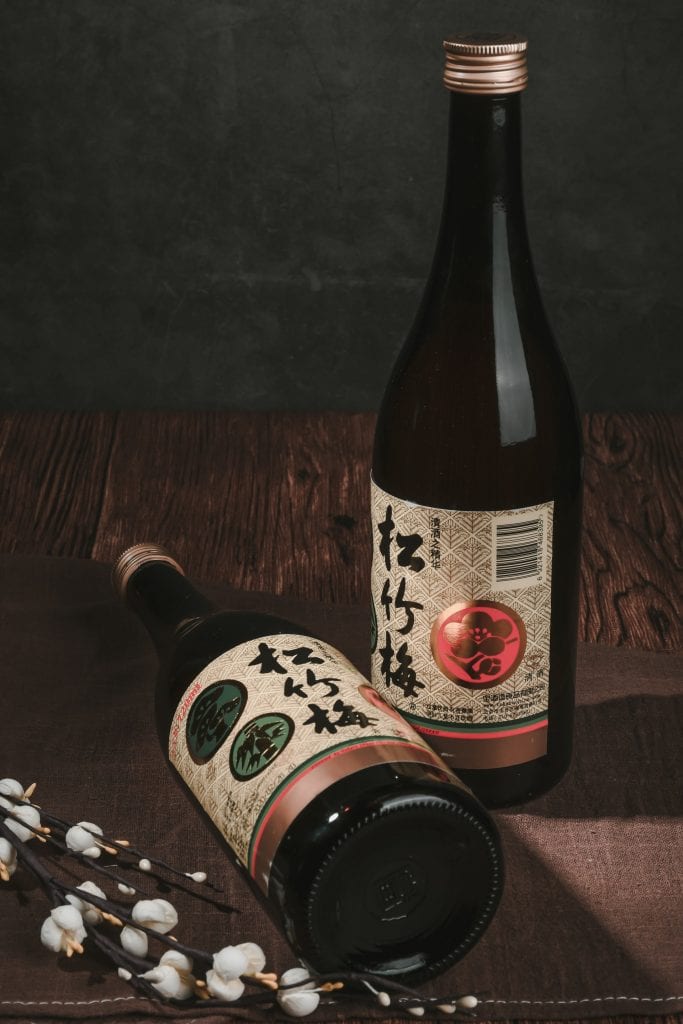Is Sake Gluten-Free?
Premium sake, also spelled saké and sometimes referred to as Japanese rice wine, is considered gluten-free, while non-premium sake is questionable and may not be gluten-free.
Premium Sake
 Sake is an alcoholic beverage made from fermented rice. Although it is sometimes called Japanese rice wine, it is made in a process more similar to beer than wine.
Sake is an alcoholic beverage made from fermented rice. Although it is sometimes called Japanese rice wine, it is made in a process more similar to beer than wine.
Due to the way it’s manufactured, premium sake is considered gluten-free.
If the bottle is not labeled “premium” then check to see see if it’s labeled with one of the below eight grades of sake.
Rice is the main ingredient in sake, which is 100% naturally gluten-free. Koji mold (a fungus used in the fermentation process) is another main ingredient in sake that is formed from rice. There are misconceptions that Koji may contain gluten due to the type of Koji it is. However, sake makers are legally required to use only rice Koji. Distilled alcohol is also an ingredient in sake which is known to be gluten-free once the distillation process is fully complete. (Read more about distilled alcohol.)
Most sake barrels do NOT use gluten adhesives. If the sake is aged in wine barrels (which may introduce a risk for cross contamination), it will most likely mention it on the label.
Types of Premium Sake
This list was accurate at the time this article was written. If you have questions about the ingredients or manufacturing process, call the company.
- Junmai*
- Honjozo
- Ginjo
- Daiginjo
- Tokubetsu junmai
- Tokubetsu Honjozo
- Junmai Ginjo
- Junmai Daiginjo
Due to production practices and ingredients, premium sake is considered gluten-free.
*Junmai is considered the safest sake for those with celiac disease.
Non-Premium Sake
Non-premium sake is not always gluten-free. Non-premium sake, also known as futsushu, is allowed to include different additives in the ingredients compared to premium sake. These additives and flavorings are not always listed on the labels and may contain gluten.
Beyond Celiac recommends selecting premium sake and avoiding non-premium sake. If the bottle does not say “premium sake” or list the type of premium sake it is (see above list) then consider it non-premium sake and leave it on the shelf to be safe.
Summary
Premium sake is gluten-free and non-premium sake is usually not. Stick with premium sake. If it is labeled “premium” or labeled with one of the eight grades of premium sake listed above, then it is considered premium and most likely safe to consume.
Note: many house sakes are not premium sakes and filled with additives and flavorings sometimes containing gluten. Be sure to check with the restaurant staff before consumption.